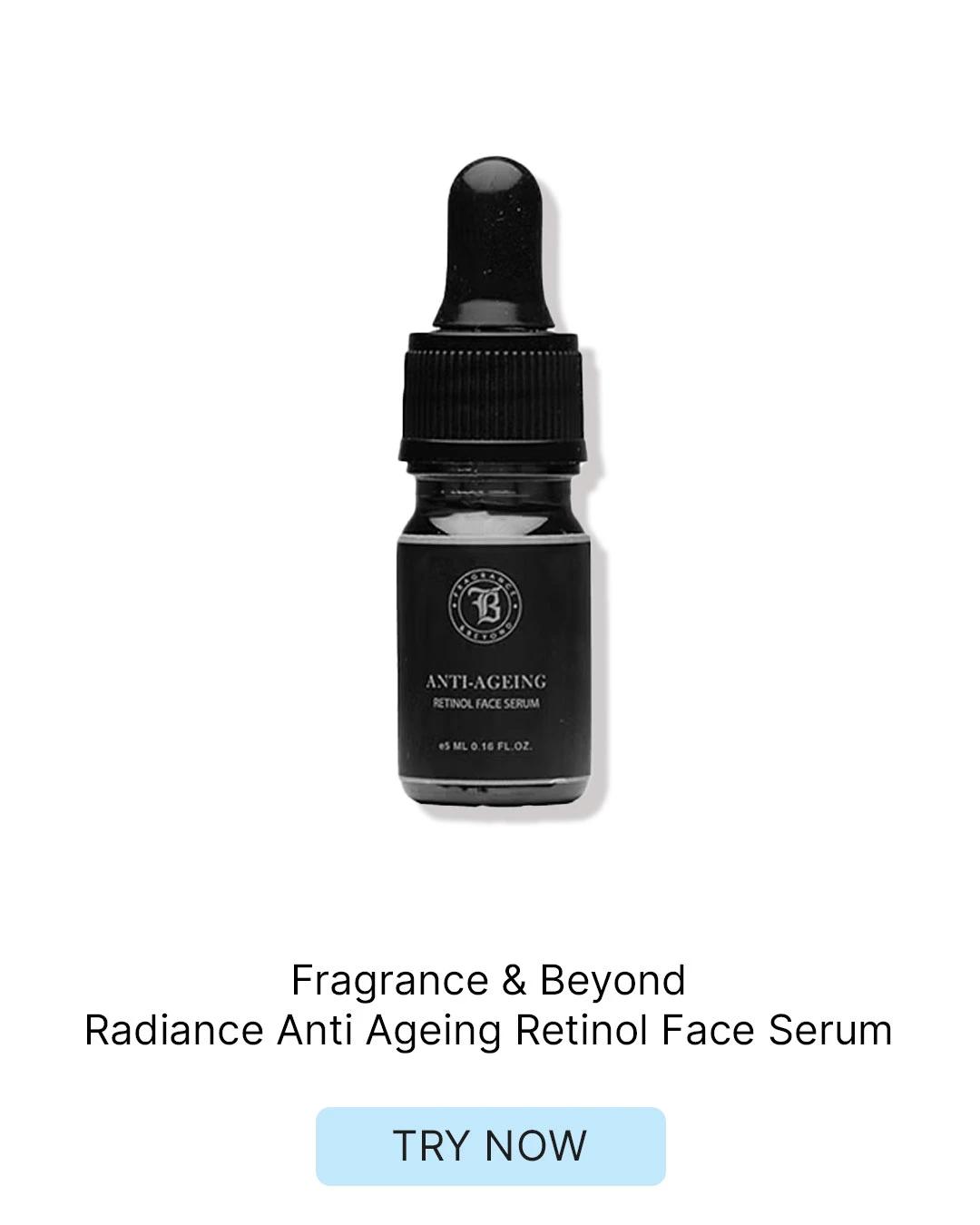Korean skincare routine isn't just about using ten products—it's about understanding your skin's needs and addressing them systematically. This approach emphasises gentle, consistent care over harsh, quick fixes.
Step-by-Step Breakdown
The full routine includes oil cleanser, water-based cleanser, toner, essence, serum, sheet mask, eye cream, moisturiser, and SPF. You don't need to use every step daily—adapt it based on your skin's current needs and your lifestyle.
Essential Korean Skincare Products
Key Korean innovations include essences, ampoules, and sheet masks. These products focus on hydration and gentle treatment rather than aggressive correction. The emphasis is on maintaining healthy skin rather than fixing problems.
Adapting the Routine for Different Skin Types
The beauty of the Korean approach is its flexibility. Oily skin might skip the oil cleanser, while dry skin might double up on hydrating steps. Listen to your skin and adjust accordingly.
Sustainable Beauty: Eco-Friendly Skincare Practices
Sustainable skincare isn't just good for the planet—it often results in better products. Brands that prioritise sustainability tend to think more carefully about ingredients, packaging, and long-term effects on both skin and environment.
Brands Leading the Way in Sustainability
Sustainable brands often focus on minimal packaging, refillable containers, and responsibly sourced ingredients. They understand that true beauty comes from harmony with nature, not exploitation of resources.
Reducing Skincare Routine Waste
Simple changes like using refillable containers, buying concentrates, and choosing multi-use products can significantly reduce waste. Consider the lifecycle of your products—from sourcing to disposal.
The Impact of Packaging on the Environment
Packaging waste is a major issue in skincare. Look for brands using recycled materials, minimal packaging, or innovative sustainable alternatives. Some companies now offer return programmes for empty containers.
Frequently Asked Questions
How often should I change my skincare routine?
You should only change your routine if it stops working or your skin's needs change. Give new products at least 6-8 weeks to show results before making judgements. Seasonal adjustments are normal—your skin might need richer products in winter.
Can I mix products from different brands?
Absolutely! Your skin doesn't care about brand loyalty. Focus on ingredients and how they work together rather than sticking to one brand. Just introduce new products gradually to avoid overwhelming your skin.
What's the right order to apply skincare products?
Generally, apply products from thinnest to thickest consistency. Start with cleansers, then toners, serums, moisturisers, and finish with SPF in the morning. Oil-based products typically go last unless you're using a facial oil as a treatment.
How long does it take to see results from a new skincare routine?
Most people see initial changes within 2-4 weeks, but significant results take 8-12 weeks. Your skin cell turnover cycle is about 28 days, so patience is key. Keep consistent records to track subtle improvements.
Are expensive skincare products always better?
Not necessarily. Price often reflects packaging, marketing, and brand positioning rather than effectiveness. Focus on ingredients and formulation quality. Sometimes affordable products perform just as well as luxury options.
Final Thoughts
Mastering your skincare isn't about finding the perfect routine and sticking to it forever—it's about understanding your skin and adapting as needed. The best skincare brands succeed because they understand this fundamental truth: effective skincare is personal, patient, and ever-evolving. Whether you're drawn to natural ingredients, cutting-edge science, or time-tested traditions, the key is finding what works for your unique skin and lifestyle. Remember, your skin is constantly changing, and your routine should be flexible enough to change with it. The real secret isn't in any single product or brand—it's in paying attention to what your skin is telling you and responding thoughtfully.

 30 ml
30 ml